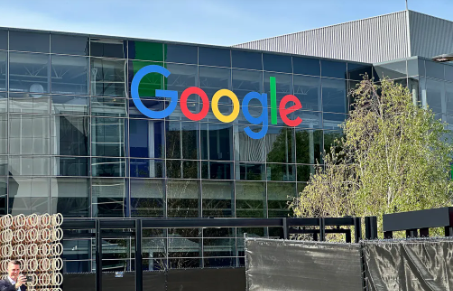Washington D.C. – In a significant blow to the tech giant, a US district court has ruled that Google has monopoly power in the general search services market, violating antitrust laws. The landmark verdict has far-reaching implications for the search engine giant and the digital landscape.
According to the court’s decision, Google’s dominance in general search services, with an 89.2% share, increasing to 94.9% on mobile devices, constitutes monopoly power. The court also found that Google’s control of key distribution channels and significant revenue share payments to partners create high barriers to entry, making it difficult for competitors to access the market.

The court’s ruling states that Google’s distribution agreements have anticompetitive effects, violating Section 2 of the Sherman Act. The decision could potentially lead to significant changes for Google and the search market, although the court has yet to decide on remedies.
Google plans to appeal the decision, highlighting the perception that its search engine is superior to those of rivals. However, the ruling could open inroads for search competitors that have long vied for a stronger foothold in the market.
The decision may also add fresh layers of complexity to the online landscape, affecting digital advertising performance as data privacy laws become more stringent. As the case moves forward, the tech industry will be watching closely to see how the ruling impacts Google’s business model and the broader digital ecosystem.





